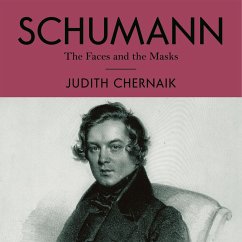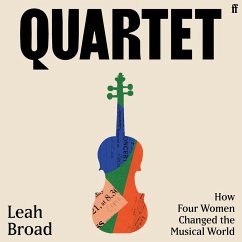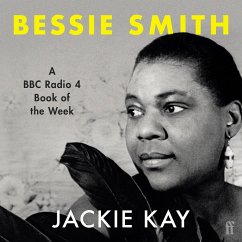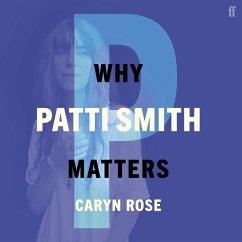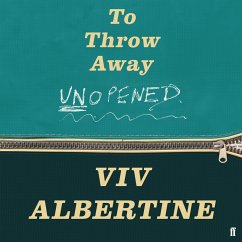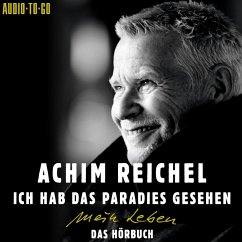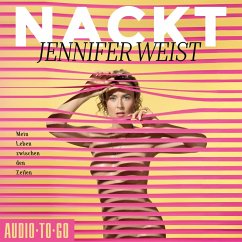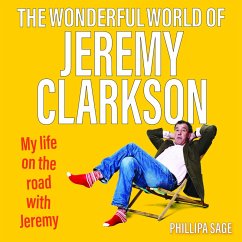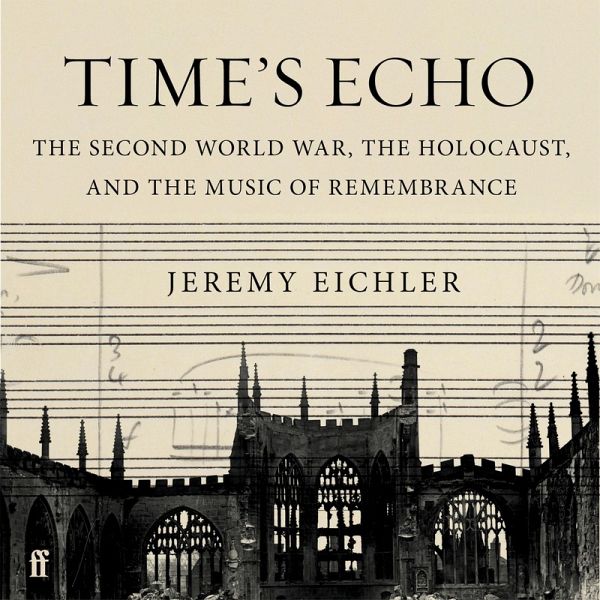
Time's Echo (MP3-Download)
The Second World War, the Holocaust, and the Music of Remembrance Ungekürzte Lesung. 666 Min.
Sprecher: Eichler, Jeremy; Milnes, Sherrill
Versandkostenfrei!
Sofort per Download lieferbar
32,99 €
inkl. MwSt.
Weitere Ausgaben:

PAYBACK Punkte
16 °P sammeln!
When it comes to how societies commemorate their own distant dreams and catastrophes, we often think of books, archives, or memorials carved from stone. But in Time's Echo, Jeremy Eichler makes a revelatory case for the power of music as culture's memory, an art form uniquely capable of carrying forward meaning from the past. Eichler shows how four towering composers - Richard Strauss, Arnold Schoenberg, Benjamin Britten and Dmitri Shostakovich - lived through the era of the Second World War and the Holocaust and later transformed their experiences into deeply moving works of...
When it comes to how societies commemorate their own distant dreams and catastrophes, we often think of books, archives, or memorials carved from stone. But in Time's Echo, Jeremy Eichler makes a revelatory case for the power of music as culture's memory, an art form uniquely capable of carrying forward meaning from the past. Eichler shows how four towering composers - Richard Strauss, Arnold Schoenberg, Benjamin Britten and Dmitri Shostakovich - lived through the era of the Second World War and the Holocaust and later transformed their experiences into deeply moving works of music, scores that carry forward the echoes of lost time. A lyrical narrative full of insight and compassion, this book deepens how we think about the legacies of war, the presence of the past, and the profound possibilities of art in our lives today.
Dieser Download kann aus rechtlichen Gründen nur mit Rechnungsadresse in A, D ausgeliefert werden.




